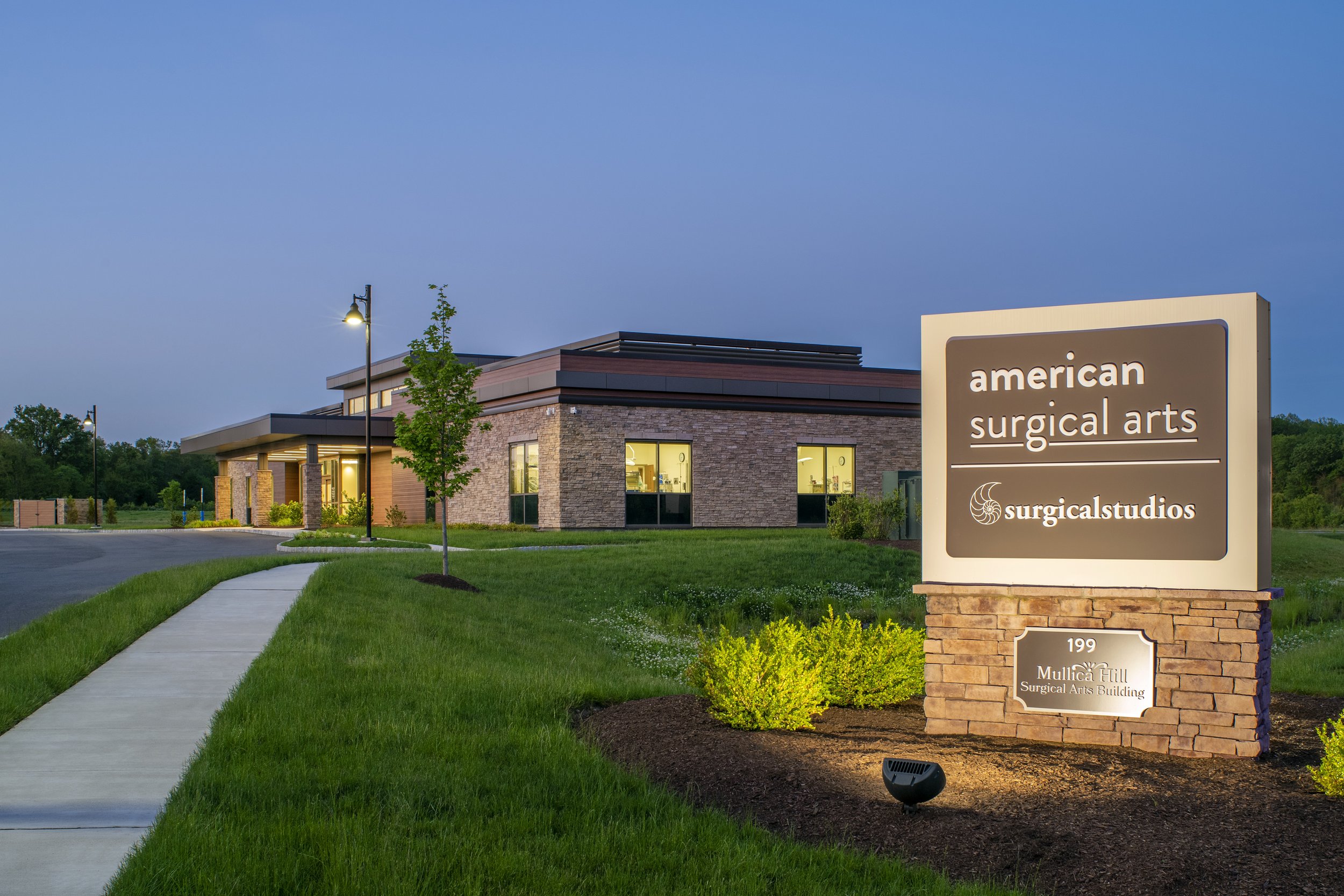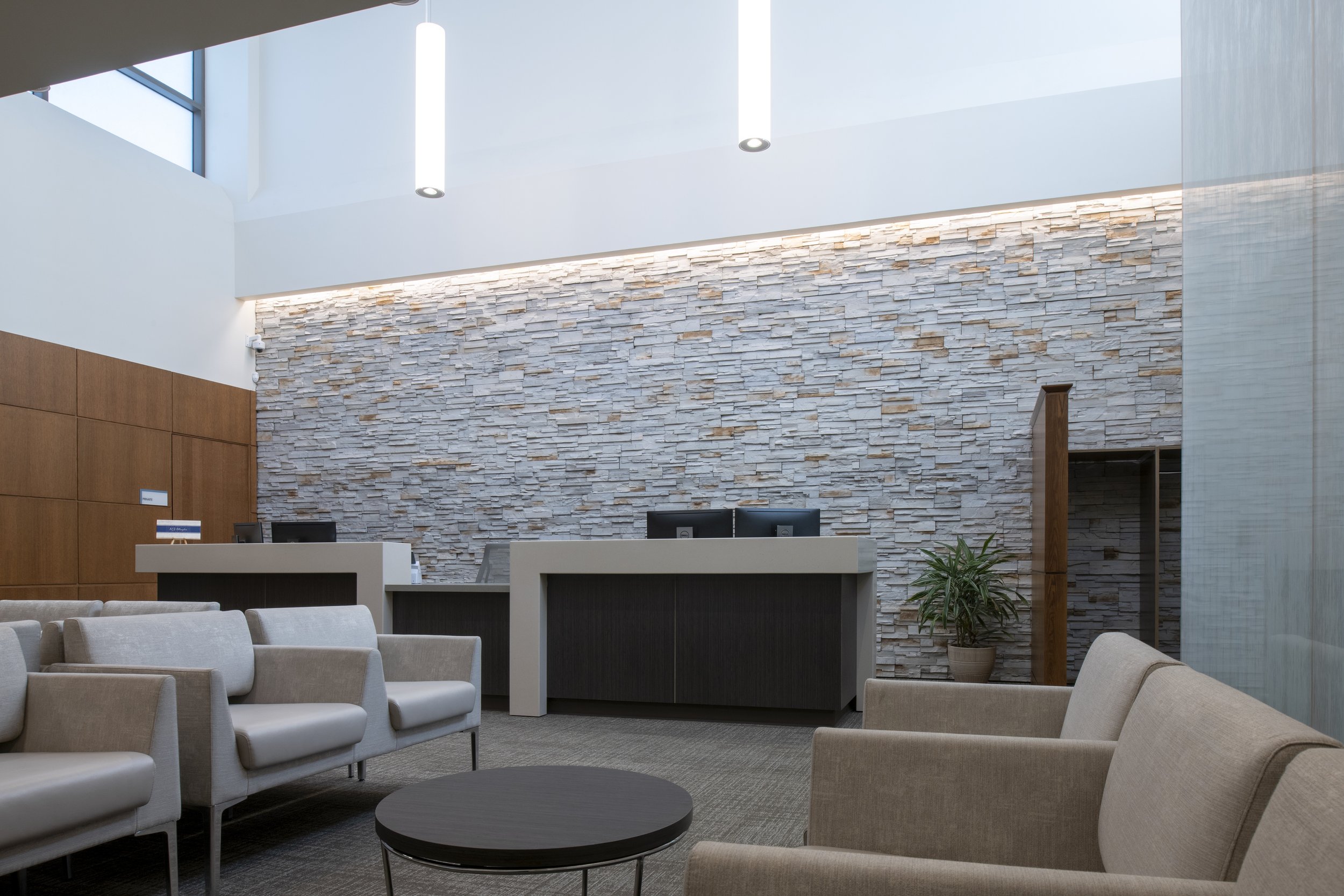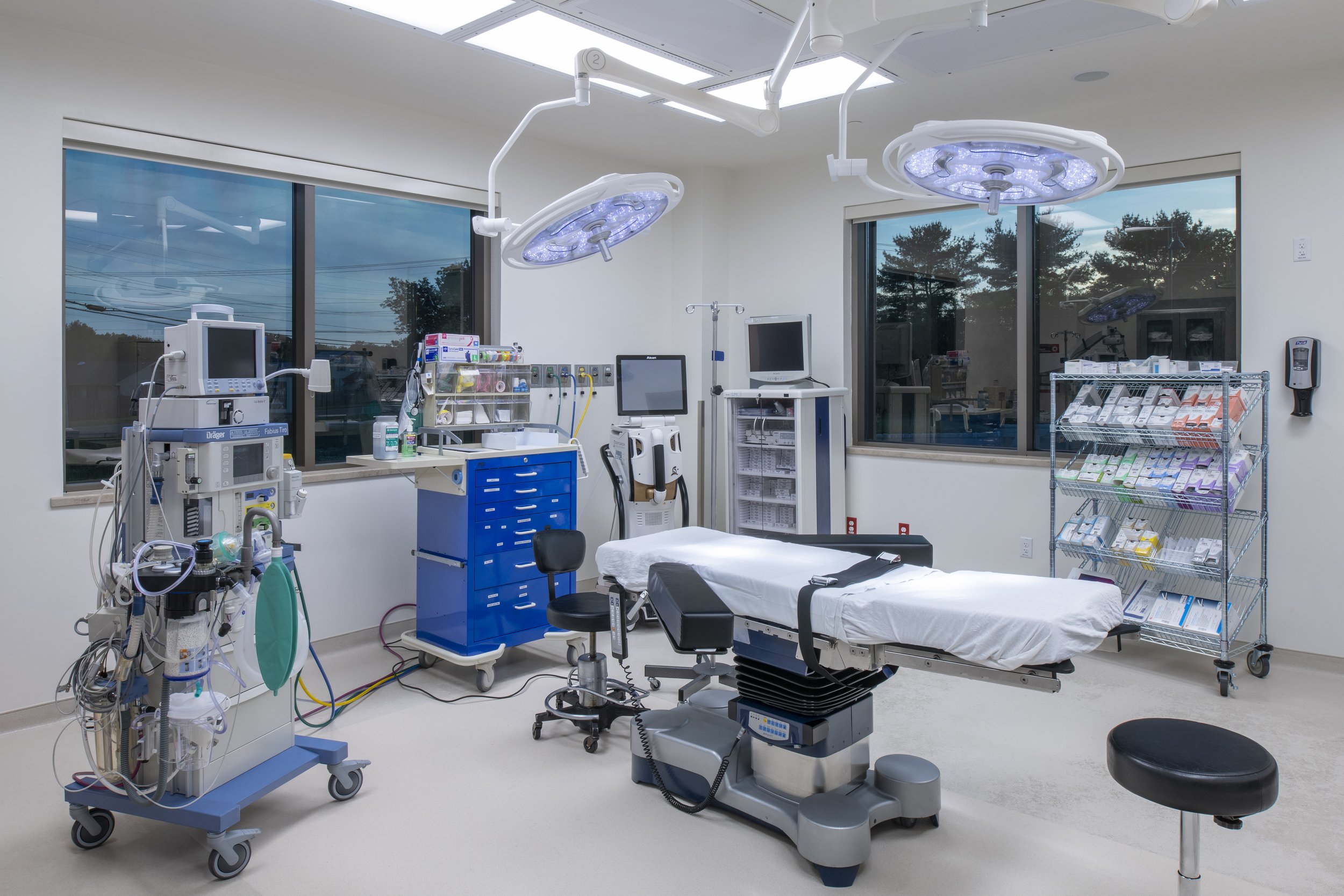We hope to make your surgical experience as comfortable as possible, providing compassionate care to see you through it.

Patient Experience
Before Surgery
You will be notified by your surgeon’s office or our anesthesiologist of any pre-operative testing needed for your procedure. Any required tests should be done within a month of your scheduled surgical date.
You will be called one to three days before your surgery to do a routine health assessment. We will share instructions for the day of surgery (and arrival time) and answer any questions you may have. You should not eat or drink anything starting at midnight the night before your surgery.
Please bring with you the following:
Photo ID
All your medications or list of medications
Payment for any patient responsibility (e.g. co-payment or deductible)
Please do not bring any jewelry or other valuables (rings, watches)
Please arrange transport. You will not be allowed to drive after surgery and you must be released to an adult family member or friend (not taxi or uber).
To prevent infection, we recommend you shower the night before and/or the morning of your procedure. Wash with shampoo and soap, then thoroughly rinse and dry with a clean towel. Do not put on any lotions, creams, powders, perfumes, or makeup. Make sure you and your family wash your hands frequently before and after surgery. Cleaned bedding is recommended after surgery.

Patient Experience
Day of Surgery
On the day of surgery, please do not eat or drink anything at all.
Please arrive on time, and wear comfortable clothes that are easy to put on and take off.
Please only bring what you need. Your belongings can be safely stored by our staff. Family is invited to stay in our waiting room but is generally not allowed back into the pre-operative area unless needed. Alternatively, we can call your family member after surgery but we recommend they stay within a 15 minute drive.
What to expect once you arrive:
You will check in with reception in our lobby (using your photo ID/insurance card), and then will be greeted by one of our fabulous nurses. The nurse will complete your intake which involves confirming your medical information, procedure, and usually placing an IV in order to give you relaxing medications. Please bring a copy of your medication list.
Our board-certified anesthesiologist will come introduce him or herself and explain the anesthesia process.
Your surgeon will also come greet you, confirm your surgical plan, and address any last minute questions.
Your pain management is of great importance to us. Every surgery will have some pain, but to limit this, your surgery will involve some combination of medications, nerve blocks, and local anesthesia. Most medications take some time to work.
After surgery, you will be taken to a recovery area where our nursing team will monitor your vital signs and make sure you are comfortable as the anesthesia begins to wear off. Once you are awake and alert, we will review and give you written discharge instructions with follow-up information to see your doctor. Often your family is invited back at this time.

Patient Experience
After Surgery
Every surgery is different, so please refer to your surgeon’s discharge instructions for specifics and any expectations relative to your surgery.
Your surgeon may prescribe you some medication for after the surgery. Generally, if no pain medication is prescribed, please refer to your surgeon’s discharge instructions or contact your doctor for specific recommendations.
A minor amount of bruising and tenderness at the IV site is normal. Alternating cool and warm compresses should make it disappear within a week if not sooner.
We recommend against any use of alcohol or illicit drugs after anesthesia for at least 24 hours. Sometimes mild nausea or headaches are common after anesthesia, so it may be helpful to try to eat something that is easy to digest.
Most patients should continue their usual medications after surgery. Patients with diabetes or on blood thinners may require adjustment to their medications. This will be reviewed with you prior to leaving; please discuss any questions about medications with your surgeon or doctor.
Please call your doctor immediately with any questions or concerns. If you are having an emergency, call 911.
